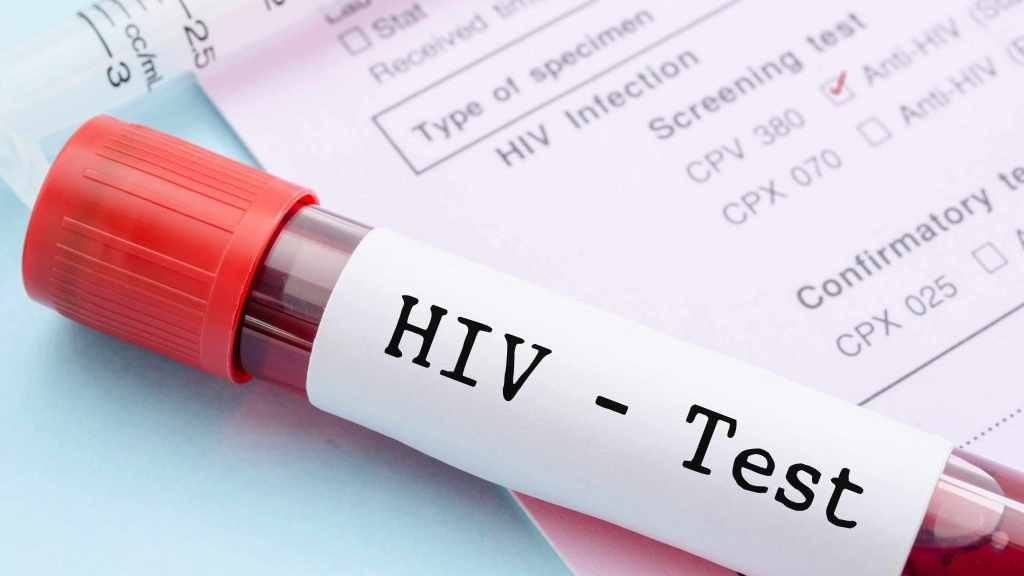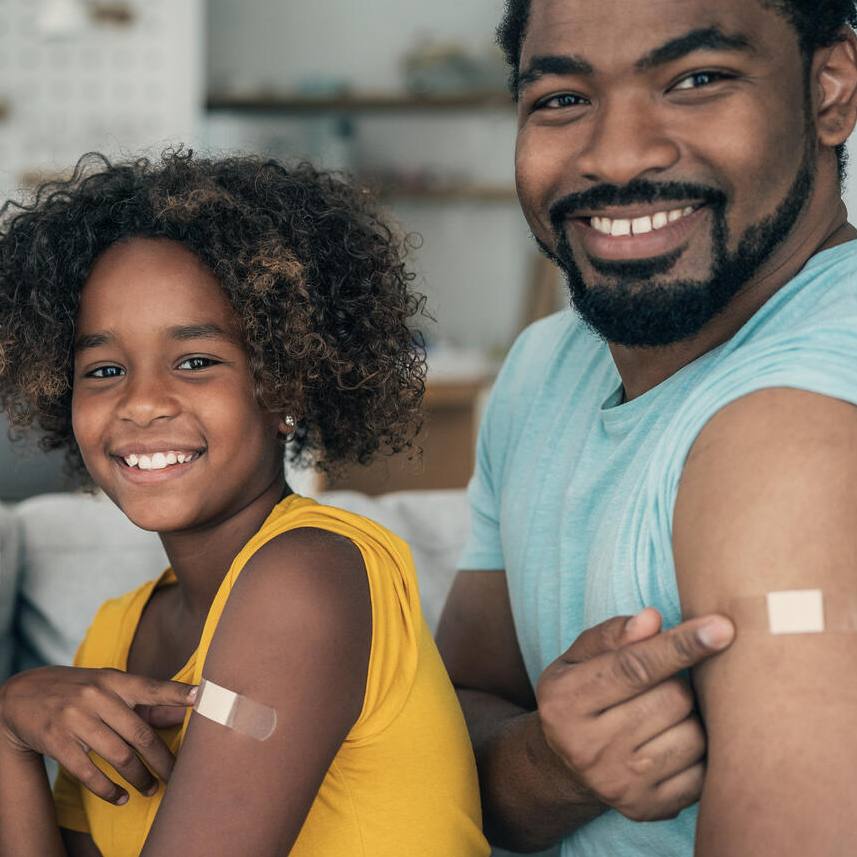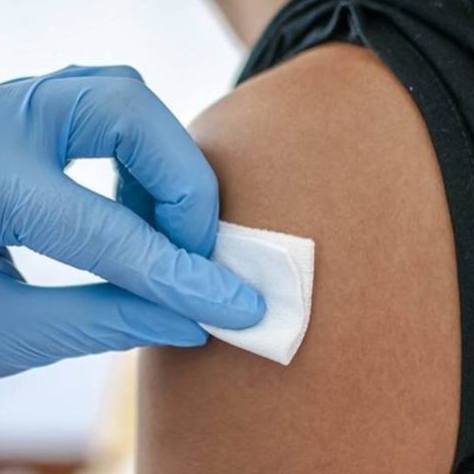-
Infectious Diseases
Mayo Clinic Q&A podcast: The importance of HIV testing

The COVID-19 pandemic has led people to delay testing and treatments for a variety of diseases and conditions. This includes HIV testing.
During the pandemic, the number HIV diagnosis decline, but that decline is most attributed to declines in testing, according to the Centers for Disease Control and Prevention. Experts attribute this decline to less frequent visits to health centers, reduced outreach services, and shifting of public health staff to COVID-19 response activities.
June 27 is National HIV Testing Day, a day to encourage people to get tested for HIV, know their status, and get linked to care and treatment.
But who should be tested?
"The CDC recommends that everyone over the age of 13 be tested for HIV at least once in their lifetime," says Dr. Stacey Rizza, an infectious diseases specialist at Mayo Clinic. "This is endorsed by the Center for Medicare & Medicaid Services and paid for by all private insurance companies. So no matter what your background is, if you've never been tested for HIV, you should get tested. And that's because many people with HIV have no idea they have it. They can be completely asymptomatic for a very long time and not only have the virus causing ill effects on themselves, but they're at risk of potentially transmitting it to others. We need to do a better job in the U.S., particularly as health care providers, to follow that recommendation, and to make sure that every adult has had an HIV test at least once in a lifetime."
If HIV is not treated, it can lead to AIDS. But effective therapies can control HIV, which is why getting tested and seeking treatment is so important.
"We know now that if somebody is on effective HIV therapy, and the virus in their body is suppressed, it's not gone. But it's suppressed. Their risk of transmitting it to somebody else is close to zero," explains Dr. Rizza. "So if you just pause for a minute and think about that implication. That means if every human on planet Earth who had HIV were diagnosed, linked with health care, and on effective therapy, then HIV would be gone from the human race in one generation."
Like many other areas of health care, health disparities play a significant role when it comes to testing, diagnosis and treatment of HIV. Those disparities have been exacerbated by the COVID-19 pandemic. Improving awareness and community outreach can help combat these disparities.
"It's the same old thing that works for every disease state," says Dr. Rizza. "Its education, engagement and role-modeling within the communities. That education is essential. And it needs to be done in the community. We can't wait for people to come to us, and then we'll teach them, we need to get into those worlds, with people who are leaders in those communities, and have ways to bring diagnosis, treatment and preventive measures to them."
Dr. Rizza says disparities in diagnosing HIV face an additional challenge that some other diseases do not: stigma.
"It is just heartbreaking," says Dr. Rizza. "And the stigma that had been around HIV for a very long time is part of what prevents people from coming forward, from taking the initiatives to prevent the disease, to prevent the infection — and also to be diagnosed — out of fear of the answer. And, so, we also need those community leaders to help break down the stigma issue in addition to educating and bringing diagnosis and treatment closer to home."
On the Mayo Clinic Q&A podcast, Dr. Rizza discusses the importance of HIV testing and improvements in therapies to treat HIV.
Watch: Dr. Rizza discusses HIV testing and health disparities.
More on HIV/AIDS:
_______________________________
For the safety of its patients, staff and visitors, Mayo Clinic has strict masking policies in place. Anyone shown without a mask was recorded prior to COVID-19 or recorded in an area not designated for patient care, where social distancing and other safety protocols were followed.
For more information and all your COVID-19 coverage, go to the Mayo Clinic News Network and mayoclinic.org.
Related Articles







